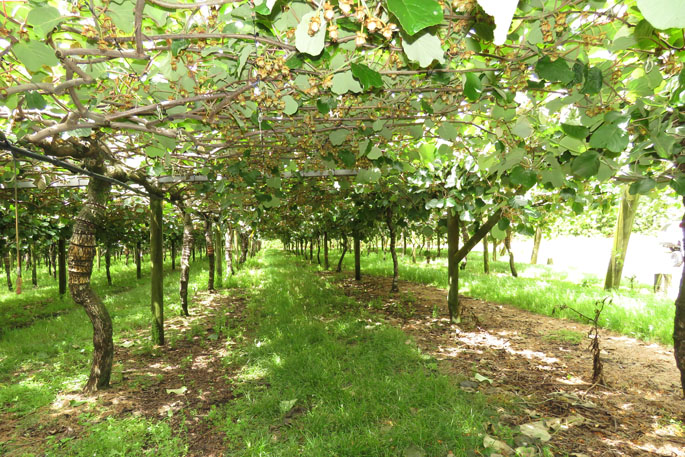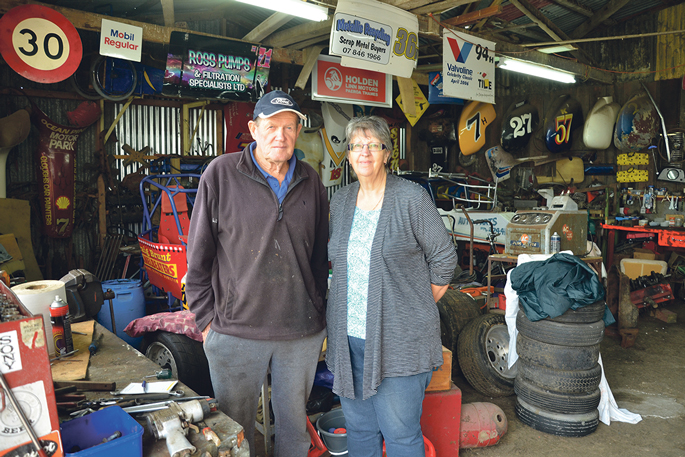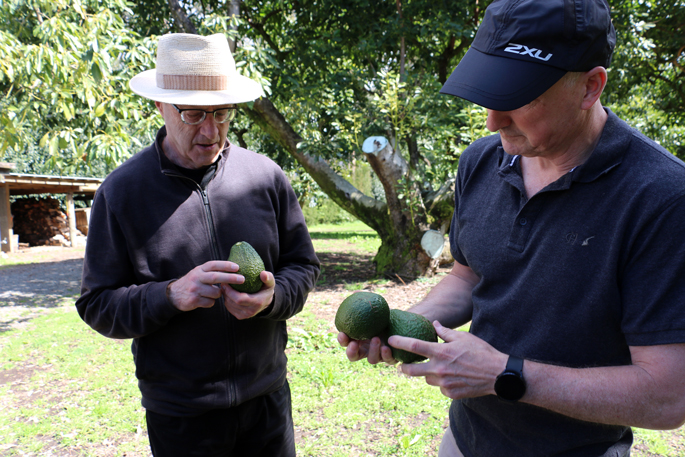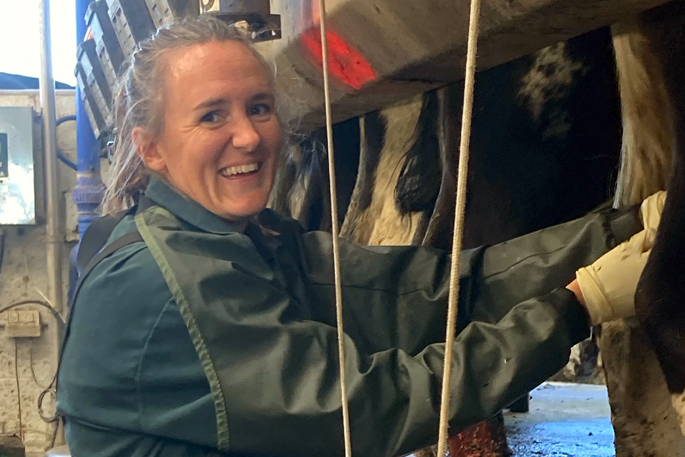Despite government changes to New Zealand’s Working Holiday Visa scheme – so people with expiring visas can stay here to fill short-term horticulture and viticulture roles – the details of how and if this workforce can be utilised for summer work is still unclear. And kiwifruit summer tasks begin this month.
The Government announced mid-September that the Supplementary Seasonal Employment visa will be automatically given to about 11,000 WHV holders in NZ with visas expiring between October 1 and March 31, 2021. The SSE visa transfer will allow these people to work in horticulture and viticulture roles where there are not enough New Zealanders available to do this work.
New Zealand Kiwifruit Growers Inc CEO Nikki Johnson says while having 11,000 workers available for summer is potentially helpful – “as we are not letting these visas expire and render people unable to work” – the way this SSE visa system works is what her industry is concerned about.
“In order to employ a person holding an SSE visa, the employer has to be a Recognised Seasonal Employer with unfilled RSE scheme spaces or an SSE-approved employer with unfilled roles – or the Ministry of Social Development is going to issue labour shortage lists per region.
“But we don’t know when the Ministry will issue these lists – let’s say best-case scenario in October and November the BOP is listed as a region experiencing a labour shortage for the kiwifruit industry, then all of those workers could go and work for any employer.
“But if they don’t do that then SSE workers can only work for approved SSE employers – in the BOP we currently have one SSE-approved employer. Further to this, this employer is restricted to how many SSE visa holders they can employ, which is currently 50.”
“So while it sounds like there is going to be 11,000 workers available come October/November the details of exactly how those workers are going to be utilised within the kiwifruit industry are not clear.
“And we’re getting increasingly closer to the time where we are going to be under pressure for workers.”
Nikki says the kiwifruit industry’s summer work programme begins this month and peaks in November, with workers undertaking bud thinning, summer pruning then fruit thinning tasks. “In October about 9000 people will be required for ‘summer work’ in the BOP. In November, we’ll need about 13,500. Nationally, we will need 10,500 workers in October and 16,500 in November.”
Normally, the kiwifruit industry wouldn’t have many RSE workers in the BOP during the summer – “we’d generally have quite a high reliance on WHV or backpackers during this period for this work”.
“Currently, we aren’t sure what number of backpackers will be available – that is where the Minister’s SSE transfer announcement has come in.”
Another issue is Nikki believes a large number of working holiday visas expired on September 25. “Those people will now go onto visitor visas and will have to apply for an SSE visa, so there wouldn’t be an automatic transfer which is pretty frustrating.
“This is why we told the Government the initial November 1 SSE transfer date was not suitable. They have now chosen October 1.”
Immigration Minister Kris Faafoi says it’s important that the Government support the horticulture and viticulture industries to keep going, while ensuring that, where there are job opportunities, New Zealanders are given a fair chance at filling them.
“This season we expect more Kiwis, who have lost jobs due to Covid-19, will be available to work in these sectors, but it is likely there will be a shortfall of workers as these industries have often relied on migrants for their seasonal peaks,” says the Minister.
In addition, all RSE scheme workers stranded in NZ who have been granted a more flexible limited visa to be able to work part-time and do non-RSE work will be able to ‘re-enter’ the RSE scheme and work for an RSE employer with 30 hours per week average pay guaranteed.
“The changes would help fill roles that cannot be filled by New Zealanders in the short term, while the industry works on other solutions,” says the Minister.
“These policy changes are a good balance between meeting the labour needs of these industries and ensuring good jobs for Kiwis who are looking for work as a result of Covid-19.”
Nikki estimates about 7000 RSE workers are currently in NZ, with many shifting around jobs to earn money. And she points out that NZers are the primary workforce for this summer kiwifruit work.
“So most positions will be filled by Kiwis – but in order to get 16,500 workers for what is effectively one month or so, we need a flexible workforce and that is where the WHV holders would normally come in.
“So yes, the visa changes have got potential to be useful for us but the implementation element of this is still unclear.”







0 Comments
Leave a Comment